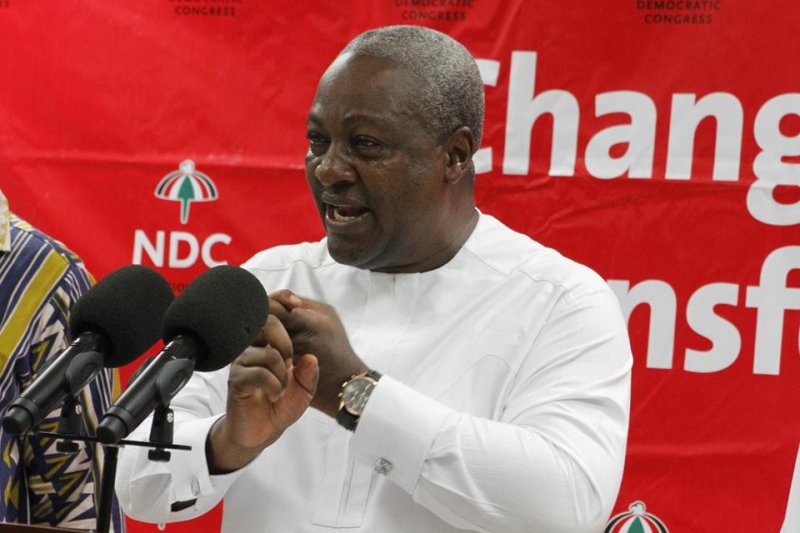
Leadership is a noble path that requires immense dedication, integrity, and a focus on serving the greater good. President John Dramani Mahama’s decision to entrust young men and women with key roles in his government is commendable and underscores his faith in the potential of Ghanaian youth.
However, with this honour comes great responsibility. To all young appointees, both those already designated and those awaiting their turn, this is a critical reminder: it will not be business as usual.
President Mahama’s campaign promise to empower youth in governance is a testament to the growing recognition of young leaders’ role in shaping the future. Yet, as you assume these significant responsibilities, it is imperative to remember that this is not an opportunity for personal aggrandizement but a chance to serve your nation with integrity, innovation, and purpose.
Guard Against Corruption
One of the president’s unflinching commitments is to uphold transparency and accountability. Corruption has been the bane of many administrations, and it remains a critical area of focus. For young appointees, the temptation to engage in corrupt practices may present itself in subtle or overt ways.
Civil servants, who are often well-versed in bureaucratic operations, might attempt to influence decisions with the refrain, “This is how it has always been done.” But remember, when scandals arise, the political appointee bears the blame, while the civil servant remains secure in their position.
As custodians of public trust, resist any attempt to inflate contracts, embezzle funds, or abuse your office for personal gain. The president has made it clear that acts of corruption will not be tolerated. Do not sink the boat; instead, steer it with diligence and honor.
Master the Art of Communication In the age of social media and instantaneous information, communication has become a critical tool for effective governance. As a young appointee, your communication style must evolve. The fiery rhetoric of opposition politics must give way to measured, factual, and empathetic discourse.
When confronted with questions, admit when you lack immediate answers but assure your audience of timely follow-up. Truth-telling, as emphasized by President Mahama in his inaugural speech, should be your guiding principle. Moreover, respect for the media is non-negotiable. Disrespecting a journalist equates to disrespecting the entire audience they represent.
Cultivate a relationship with the media based on mutual respect and transparency, as they serve as a vital bridge between the government and the public.
Empathy and Crisis Communication Leadership often involves navigating crises. In such moments, empathic communication becomes a cornerstone of effective governance. Citizens affected by crises expect their leaders to not only address the issues but also to acknowledge their pain and offer hope. Developing skills in crisis communication is essential to maintaining public trust during challenging times.
Empathy in communication means genuinely understanding and acknowledging the feelings, experiences, and perspectives of others. It involves active listening, recognising emotions, using inclusive language, responding thoughtfully, and expressing compassion.
Leverage Expertise
The weight of your responsibilities may limit the time you have to delve into the intricacies of every issue. To ensure effective communication while focusing on policy and decision-making, consider bringing on board the support of communication professionals. These experts can craft messages that resonate with the public and align with the government’s vision, freeing you to concentrate on implementing impactful policies.
Conclusion
As young appointees, you stand at the crossroads of opportunity and responsibility. This is your moment to redefine leadership and demonstrate that young people can deliver transformative governance. Embrace this challenge with humility, vigilance, and a relentless commitment to excellence. Remember, Ghana is watching, and history will judge you by the legacy you leave behind. Indeed, it will not be business as usual.
Written by: Azure Imoro Abdulai
The writer is a Public Relation Executive
at the Institute of Public Relations Ghana (IPR-Ghana)



